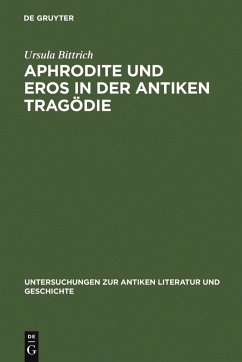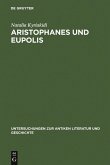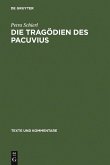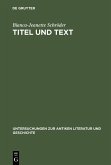Aphrodite und Eros - das Wesen und Wirken dieses Göttergespanns ist richtungweisend für den Handlungsablauf zahlreicher antiker Tragödien. Die Autorin zeigt an ausgewählten Dramen von Aischylos bis Seneca, wie sich das Bild dieser beiden so facettenreichen Gottheiten unter Wahrung bestimmter Konstanten tradiert und gewandelt hat. Der spannungsreiche Wechsel zwischen einer kraftvoll waltenden Aphrodite mit kosmischer Wirksamkeit und der auf Liebesdinge beschränkten Bereichsgöttin, der bei einer vergleichenden Betrachtung relevanter Passagen aus frühen epischen Texten zutage tritt, wird in der Tragödie als das Oszillieren zwischen einer vollmächtig auftretenden, in ihrer Existenz unangezweifelten Gottheit und einer nurmehr zu Entschuldigungszwecken herangezogenen traditionellen Hülse fassbar. Als charakteristisch für die Tragödie erweist sich der Ton auf der destruktiven Kehrseite der doppelgesichtigen Liebesgottheiten. Sie findet eine Sonderausprägung im Motiv des Götterzorns, das den Ausgangspunkt zu den abschließenden Betrachtungen über Theokrit, Ovid und Nonnos bildet.
Dieser Download kann aus rechtlichen Gründen nur mit Rechnungsadresse in A, B, BG, CY, CZ, D, DK, EW, E, FIN, F, GR, HR, H, IRL, I, LT, L, LR, M, NL, PL, P, R, S, SLO, SK ausgeliefert werden.









